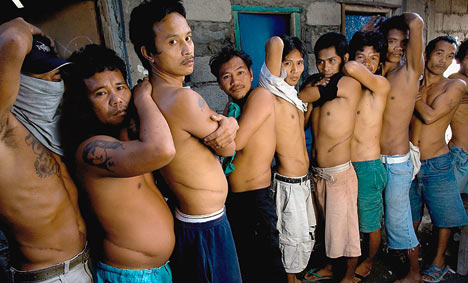Medical tourism has been in boom in the Philippines. Foreigners seeking organ transplants, especially kidneys, made the country their chosen destination. They still do. Middle Eastern nationals used to comprise 75 percent of the organ beneficiaries. Now, accurate statistics may just be a little bit more difficult to gather.
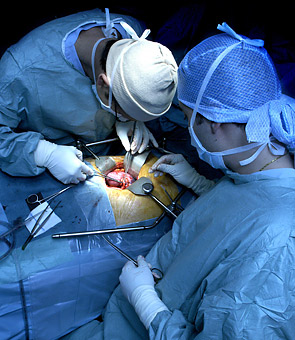
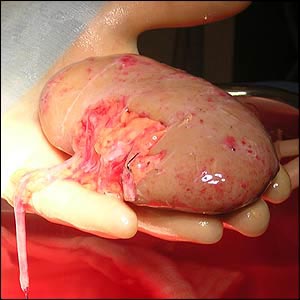
This is the brave new world of transplant tourism, a new growth industry in the Philippines. This trade which has made the country one of the world’s cheapest places for wealthy foreign patients seeking to buy a new kidney is also known as human organ trafficking. The World Health Organization (WHO) has ranked the Philippines as one of the top five countries in the world for human organ trafficking, along with China, Pakistan, Egypt, and Colombia.
The Philippine Society of Nephrology has identified what made the Philippines a favorite among foreign patients wanting transplants. In the Philippines, transplants are done by big hospitals rather than in back-alley operations, like the other four organ trafficking nations identified by the WHO. These 20 government-accredited medical facilities are in full compliance with the requirements of the Philippine Department of Health. Practically all have complete accreditation to international standards bodies, and thus have the most advanced Western equipment in the world.
Competitive rates and speed of transplant arrangements have also made the Philippines a choice destination for foreign patients needing the medical procedure. Transplants can be arranged in less than 10 days, according to www.liver4you.org, one of the websites that arranges for such medical tourism services.
The rise in the number of transplants has been significant. While there were 306 transplants in 2002, there were 1,046 in 2007, according to records compiled by the Philippine Renal Disease Registry.
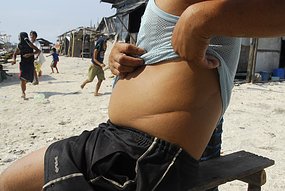
The organ trade boom can be largely attributed to its nefarious side. It is also a trade that provides cover for illegal human organ trafficking syndicates.
Organ donors, recruited from poor Filipino communities in Manila, neighboring provinces, and central Philippines are paid from $2,000 to $3,000 per kidney, but underground syndicates and illicit transplant surgeons make a killing on foreign patients who spend anywhere between $70,000 to $115,000 for a kidney transplant. Liver transplants go as high as $130,000.
The sale of kidneys saw an unprecedented rise, especially among the poor who saw the quick pay of anywhere between PhP100,000 to PhP200,000 as a quick solution to their heavy financial woes. Media caught up on the trend and soon released a barrage of exposés.
And once again, human organ traffickers just went deeper in their cover.
The Philippine Department of Health (DOH), on the other hand, recorded more than 10,000 to 12,500 Filipinos developing end-stage renal disease every year. 50% to 60% of these are kidney transplant candidates, but only less than 10% actually receive transplants. They were not high on priority lists of organ supplies and cannot raise sufficient funds for the medical procedure.
The DOH soon instituted a cap on kidney transplants available to foreign patients who now had to wait longer on the list, as organ donations to foreign patients were allowed only at 10% of available transplantable organs.
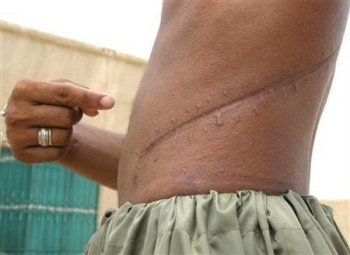
This made organ trafficking even more rampant. The government move did no considerable damage to the organized crime of illegal organ trade, as syndicates just went deeper in their covert operations.
Under international pressure to address the perceived rampant organ trafficking, the Philippines announced a ban on kidney transplants involving overseas patients in April 2008 mainly to eradicate the illegal organ trade.
Today, real figures are difficult to determine. Nobody knows for sure how many kidneys are being sold, and how many are being transplanted to foreign patients. Two things are for sure, though. The need for urgent kidney transplant in the international arena has not abated, and that transplant tourism is still very much in boom in the Philippines.
